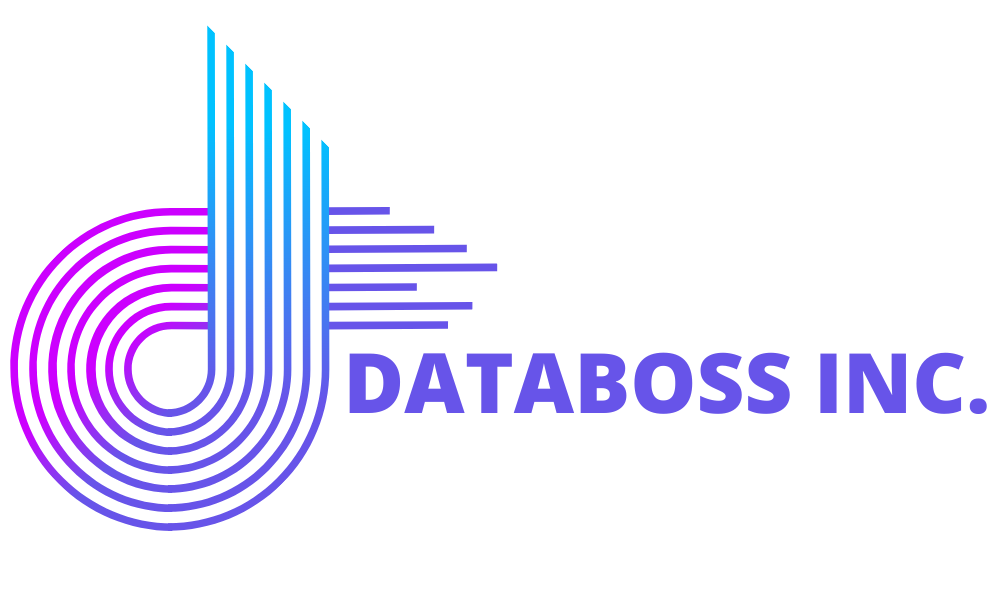SEC: The Securities & Exchange Commission
SEC is a critical regulatory body established by the United States government to oversee and enforce federal securities laws. Its primary mission is to protect investors, maintain fair and efficient markets, and facilitate capital formation.
- Role of the SEC
- Importance of Filings with the SEC:
Applying for IPO
Role of the SEC
SEC plays vital role for the IPO

Investor Protection:
The SEC’s foremost responsibility is safeguarding the interests of investors by enforcing rules and regulations that promote fair practices and prevent fraudulent activities. It seeks to ensure that investors receive complete and accurate information about securities being offered to the public, protecting them from potential risks and scams.
Market Oversight:


Enforcement of Securities Laws:
The SEC has the authority to investigate and prosecute violations of securities laws, including insider trading, market manipulation, and other fraudulent activities. It has the power to impose civil penalties, pursue criminal charges, and initiate legal actions to hold wrongdoers accountable.
ipo SEC & RC
Importance of Filings with the SEC
Description:
SEC filings play a crucial role in instilling investor confidence in the securities markets. By ensuring companies provide accurate and timely information, investors can make informed decisions, knowing they have access to transparent and reliable data.Description:
Filings with the SEC provide transparency into the financial health, operations, and risks of publicly traded companies. This transparency fosters trust among investors, analysts, and other market participants, leading to more efficient capital allocation.
Description:
Companies must comply with SEC filing requirements to access public capital markets. By adhering to these regulations, companies demonstrate their commitment to maintaining high standards of corporate governance and financial reporting.
Description:
SEC filings serve as a critical source of information for the SEC to detect potential violations of securities laws. By monitoring filings, the SEC can identify irregularities, investigate suspicious activities, and take appropriate enforcement actions.
Description:
Companies that comply with SEC regulations gain access to a broader pool of investors. The credibility and reliability associated with SEC filings attract institutional investors and increase the company’s ability to raise capital at favorable terms.
Edward Kennedy

INSIGHTS
In-Depth Insights for Your Journey
20+
100%
Success rate
$500M+
FAQ
FAQs about paid search management
Looking to learn more about paid search management for your business? Browse our FAQs:


